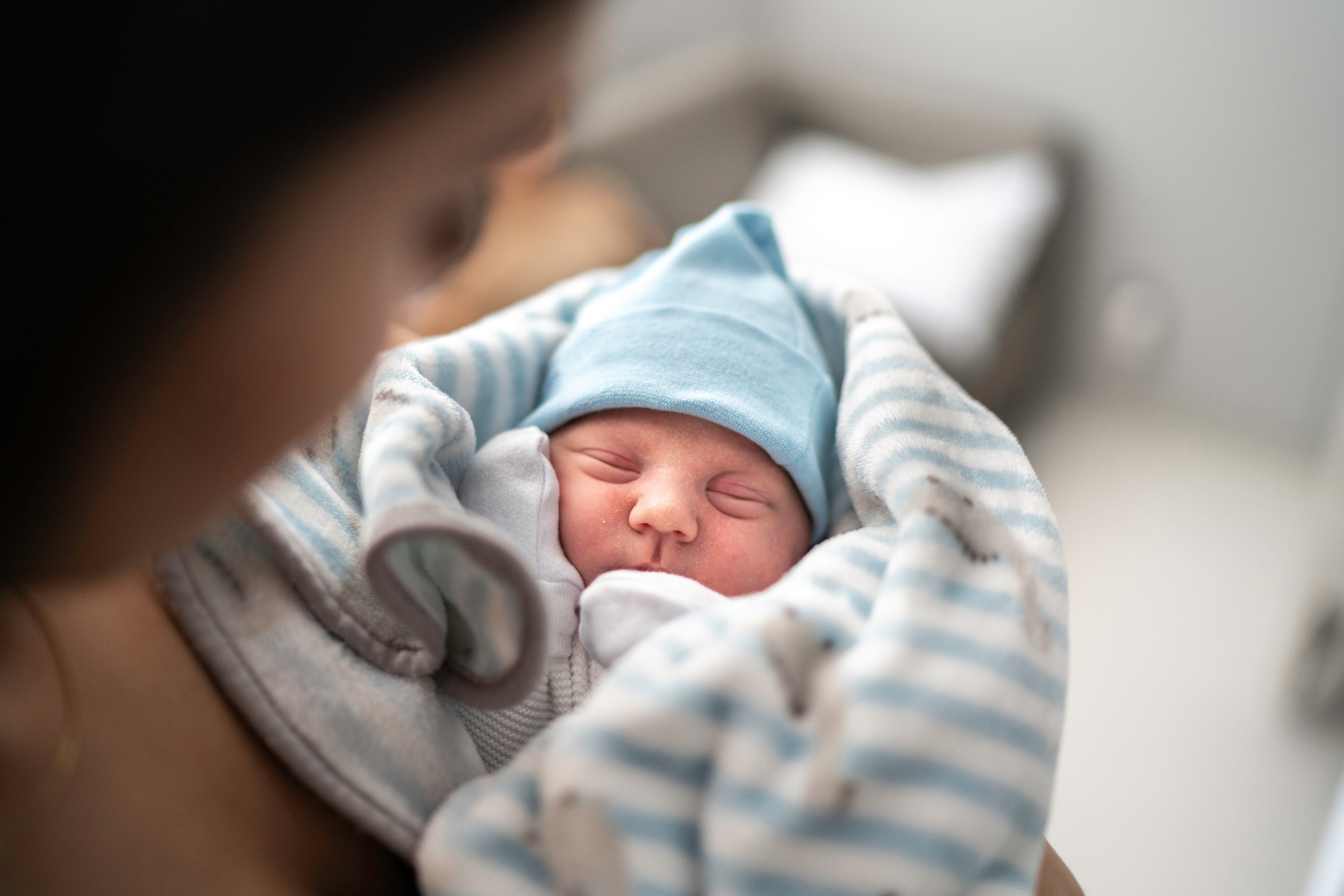As an adoptee, I’m concerned at the idea of adopting through apps and social media
There’s a danger if adoptive parents rush and not properly prepare a support system for their child


Your support helps us to tell the story
From reproductive rights to climate change to Big Tech, The Independent is on the ground when the story is developing. Whether it's investigating the financials of Elon Musk's pro-Trump PAC or producing our latest documentary, 'The A Word', which shines a light on the American women fighting for reproductive rights, we know how important it is to parse out the facts from the messaging.
At such a critical moment in US history, we need reporters on the ground. Your donation allows us to keep sending journalists to speak to both sides of the story.
The Independent is trusted by Americans across the entire political spectrum. And unlike many other quality news outlets, we choose not to lock Americans out of our reporting and analysis with paywalls. We believe quality journalism should be available to everyone, paid for by those who can afford it.
Your support makes all the difference.Should adopting a child be hassle free?
When we think about adoption, most of us envision a family giving a child in need a much needed home where they will be loved and taken care of. What most people don’t realize is that behind that image is a multi-billion dollar industry that makes that money off of family separation. But what happens when a business is having difficulty keeping up with the demand… and in this case we are talking about the number of infants available.
Well, one adoptive mom has a solution: Erin Quick, adoptive mother, CEO and founder of the app Pair Tree that specializes in matching in private domestic adoption and embryo donation via their app. With slogans like “Adoption is complex, your experience doesn’t have to be ‘’ and claims to make adoption better for “everyone,” this app seems to completely miss the mark. But that’s not all. For $79 a month you get access to unlimited education and their app – $675 for a year – or for $2,100 you get 18 months on the app, social boosting, monthly 1:1 coaching, home study placement reports, and access to state-licensed providers and more. Depending on your state the prices vary and they generously donate 5% of every subscription to organizations that provide for birth mothers.
As an adoptee, when I first heard of this app I could feel a huge weight press on my chest. My breathing quickened and I had to take a few huge breaths to center myself. I couldn’t help but picture the thousands of prospective parents that would flock to this supposed hassle-free solution to their dreams of being parents, and walk into adopting a child, completely underprepared.
Staring at the bright colors on my phone, my notifications ping as email after email is received from Pair Tree. I signed up in the guise of a potential expectant parent and I was immediately welcomed to look at profiles of happy couples with personality traits that are described as the hero, ruler, caregiver, magician or explorer. As I swipe through each profile and look at the cheery text, part of me wants to smile because this doesn’t feel real – it feels like a fun game where I’m playing matchmaker. But instead of a pet or a build-a-bear a person can adopt, we are talking about real human babies that are being placed for exorbitant amounts of money (private adoption rates range from anywhere from $25,000 to $45,000).
A few months ago, I and hundreds of other adoptees and birth parents were shocked and befuddled by one of the arguments to overturn Roe v Wade: the concern for the supply chain of infants. Americans were and still are in a baby bust, meaning that there are a significantly larger number of single parents or couples looking to adopt a newborn or infant, than babies available. And while there are thousands of children that are not able to be reunited with their biological families, prospective parents still show a significant preference for babies.
In an interview about a post-Roe world, Quick said, “we want to make sure that expecting women have the most control over their adoption journey. Ensuring they have modern access to education, support and ethical professionals, along with the nation of families hoping to adopt…”
As I reread her interview, I couldn’t help but think about the help I received when I signed up for the app covertly as an expectant parent. Immediately after entering I was encouraged to choose some of the personality traits of expectant family members in joyful, colorful bubbles, the word “Hero” stared back at me. If an adoptive family is a hero… how do I think expectant parents are viewed when Roe limits their options to impossible choices that are now being pushed in an app store on phones everywhere?
As the day went on I received three emails from Pair Tree. The first congratulated me for taking a big first step, the second made sure to send me profiles of families Pair Tree implored me not to miss out on looking at, and the third offered a heart-warming story by a birth parent while reminding me that I have more choice and control. Each and every email reeked of positivity and did not touch on the complexities of placing a child for adoption or the extent of grief birth parents often feel post placement. The way adoption is portrayed by this company is targeting pregnant people in crisis and influencing them to place their children with every email and alert on their phone, while coercing them to send a first message to hopeful parents with the promise of donating a whopping $25 to a fund for birth parents.
As an adoptee and adoption educator, I have worked with dozens of adoptees, former foster youth, agencies, adoption professionals, and more who have seen what happens when adoptive parents rush and not properly educate and prepare a support system for their child – especially when most adoptive parents are adopting transracially and are not equipped to handle the challenges of raising a child of another race.
When we look at adoption through a critical lens we need to open our eyes to the truth. Who is being prioritized in this industry? The children? Or is it the parents and agencies? And perhaps the most poignant question of all: what happens when those matches don’t work out? To this day children are posted to Facebook by agencies looking to rehome the 1 percent to 5 percent of adoptions that are dissolved and 10 to 25 percent that are disrupted.
Join our commenting forum
Join thought-provoking conversations, follow other Independent readers and see their replies
Comments